When you find yourself being triggered to react to something, use the following technique to take back control and stop the situation from controlling you.
0 Comments
The ingredients to bake a cake require flour and other key elements depending on the type of cake, attempting to bake it with the wrong or missing ingredients will always result in failure. Setting personal strategies and goals with missing skills, gaps or failing to identify blocks will always result in failing to achieve our objectives.
Turning our dreams into reality requires us to create a strategy, set goals and execute, adjusting and staying the course. This is the common message we read in self-help magazines, books, and other mediums we leverage to propel ourselves forward. These steps are the right steps, but far too often, we do not examine our strengths and weaknesses before we create our strategies and goals, and quite often this leads to failure, disillusionment, and frustration. We give up, say it’s just too hard, I don’t have what it takes. When we fail to examine and identify who we are today, what we have, and what we are missing, or what will block us from achieving our goals, we set ourselves up for failure and frustration. In organisations this examination is called a SWOT analysis (strengths, weaknesses, objectives, and threats), and is a critical step in determining the organisations strategies, goals and execution plan. It is, for many of us, the critical missing step that continues to hold us back. If you are determined to grow, take the time to review where you are versus where you want to be, examine the gaps, honestly. If you identify gaps or blocks for you, you must decide, to fill in the gaps, to overcome the blockages, or find a different course, a different goal. This is really important for growth, as sometimes we either do not want to address the underlying issues that block us, or we don’t want to do the work necessary to fill in gaps, and that is okay, if that is your choice. This is not about giving up, it is about pragmatism, moving onward and upward, forward motion. Make sure you have the right mix of ingredients that match your goal, and if you do not have them, getting them must be your first goal. If you would like help in applying this to your life, personal or business - please click here to book in a complimentary call with me Schedule-A-Call Do you find yourself doing most of the work in your job lately? The one who always feels that it’s easier, quicker or better to do it all yourself? This is a very common phenomenon and it is usually driven by perfectionism or conflict avoidance.
If this is you, I am sure you can feel burnt out, sometimes irritable or even resentful around the ones you work with. With all the changes we are all experiencing right now, it benefits us all to keep our jobs and relationships healthy and enjoyable. When we fail to delegate, step back, give others the freedom to do the work, you fail to support the growth of others. Instead guide and engage co-workers to help with tasks and projects. Show you trust them to complete things, that they are done to their satisfaction and not always yours. Your time and energy are valuable so prioritize it and empower others to step up and adapt. As Scott Berkun said - “Imparting trust, the real meaning of delegation, is a powerful thing.” Don’t judge their efforts, don’t look for excuses to step in and complete everything to your standards. Try giving them a chance, meet them half way. We are all experiencing uncertainty and change in our lives at the same time. This is a challenging time for all of us, leaving us feeling like we are just spinning in place. The reality though, is that you are probably not giving yourself the credit for how you have adapted, continued to thrive in difficult circumstances. In the last few months, you probably had to work from home, look after and entertain your children of all ages, and probably homeschool them too. Maybe spending an insane amount of time with roommates, spouses or parents under the same roof without a break. Perhaps you have had to live alone and deal with the isolation of that.
Recognise that you have been adapting all along to these new changes and you are still here. You may not be where you had expected to be at this time of year, but you are adapting and you will continue to adapt because you are more resilient than you believe. Look back at all that you have experienced in these last couple of months and recognise that you came to accept your new reality, that you have been flexible and resourceful. You pushed through fear and ploughed through these challenges. Recognise that you are adaptable and resilient. Give yourself the credit you deserve for your adaptability, trust yourself and take action on your goals and keep moving forward! Vivian Greene said - "Life isn't about waiting for the storm to pass. It's about learning how to dance in the rain." What you think affects your feelings and behavior. So check in with yourself today and notice if you are thinking the same thoughts each day - are they lifting you up or bringing you down? You create your own reality by what you think, you feel and you do!
Albert Einstein said "The world as we have created it is a process of our thinking. It cannot be changed without changing our thinking." In this time of social distancing, take time to focus on you, be kind to yourself while being honest. This is a time when you can choose to elevate and support yourself as you create change, evolve, and move in the direction you really yearn. I have shared empowering and disempowering questions below to allow you to see how important it is to ask yourself empowering questions, to be kind, respectful to yourself, which will support you in making positive changes in your life. This in turn will allow you to come out of the situation we all find ourselves in at the moment stronger, more self-aware and ready for the opportunities that will surely await you.
Disempowering Questions
Empowering Questions
I don’t know about you, but I have been guilty of being a control freak especially when it comes to my family. None of us like to see our loved ones stressed or anxious over events or circumstances and we tend to want to swoop in and fix (control) the outcomes. We have this sense that we have the right answers, solutions to their problems. We truly believe that we know what’s best for them. But this doesn’t feel like that to them. It feels more like we don’t trust them to figure it out for themselves or they don’t make the right decisions. This can create frustration and even resentment towards us.
So, next time you notice yourself wanting to assist loved ones and you believe your way is the right way, consider the following:
Learn to let go of trying to control all of your loved one’s behaviors, decisions, and choices, unless there is a serious situation. Let them know you are available, be there when they ask for help; love and support their choices. Instead of noticing things they are not good at, recognize the things they do very well and do independently of you. When people feel like they are not being judged, doubted or controlled, the result is healthier loving relationships. If you would like some help with trying to let go of control, please feel free to contact me. Sometimes we find it difficult to express ourselves in work or our home life. If this is something that has happened to you, fearing that you might be judged when you express yourself, you don’t have to stay that way.
Maybe you learned a long time ago to be “seen and not heard” to keep the peace, and today you still find it hard to find your voice. It is so important for you to realize that your self-expression and opinion matters. When you avoid ‘rocking the boat’ and voicing your opinion, you’re not valuing yourself or your priorities. You are not speaking your truth. By staying quiet, you also play small in life, causing sad feelings and resentment to fester and turning them in on yourself. To gain the respect from others and more importantly, from yourself, you must use the voice you were given – to speak up. I know that this is easier said than done, especially If you are shy or suffer with social anxiety, this can be quite difficult. Try the following exercise and begin the process of freeing your voice: Start by writing in a journal about times where you were feeling mad at yourself for not speaking up. Write down what you would have liked to express clearly and assertively in that situation and notice how you feel. Notice if what you said was helpful, interesting, humorous, useful to others. You will find that this will be the case in most circumstances. Speak the words you wished you expressed out loud to yourself in private or better still, in front of a mirror. Much like a rehearsal, you will find over time that you become familiar with how you sound. Get into the practice of hearing yourself express your view, and then try it out with others. Find your voice, enjoy your contribution and stop being disappointed with the outcomes because you didn’t express your thoughts and opinions. Whether the outcome is the one you wanted or not, you participated, you gave your opinions a voice and an opportunity to be considered. If you would like some help with communicating assertively, please feel free to contact me. After just recently buying a car, I’m very diligent in checking my dashboard for any warning signs as I don’t know the full history of the car. My dashboard in my car informs me of how much gas I have left in the engine, do I need more oil, how fast am I traveling and how far I have traveled from A to B. In life, we need a way to track where we are going, how fast we want to get there, are we performing at our optimal level.
Are there any warning signs (obstacles, potential pitfalls) that we need to be aware of that will get in the way of our progress. Are you keeping track of where you are now to where you want to be? What weekly actions are you taking to get your goal/project completed? If you set out to accomplish something in 2019, but have not made progress, or enough progress, there is still time left. Nine times out of ten, I have found that when my clients have failed to move the needle forward, they have failed to set a plan, and track their progress to plan. Did you set a plan, or did you just set a goal? To be successful, you must do both, and you must measure your progress, and hold yourself accountable to your commitments. Whether or not you achieve your goal completely, if you use this methodology, you will grow, and you will move forward. If you struggle creating your plan, or holding yourself accountable, getting a coach can help, contact me for details. |
Archives
September 2023
|
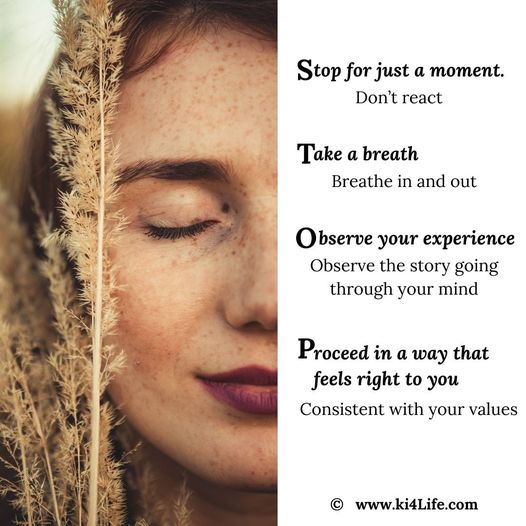

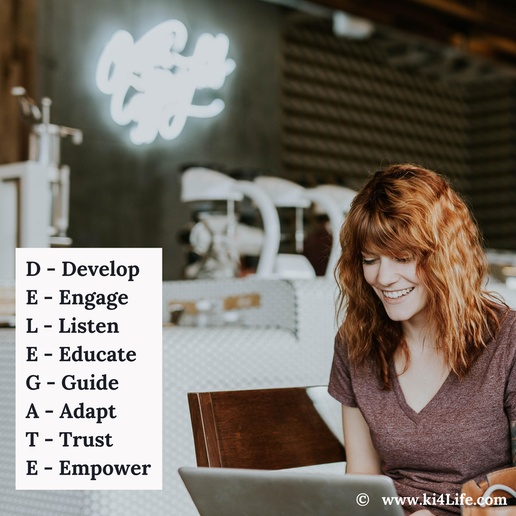
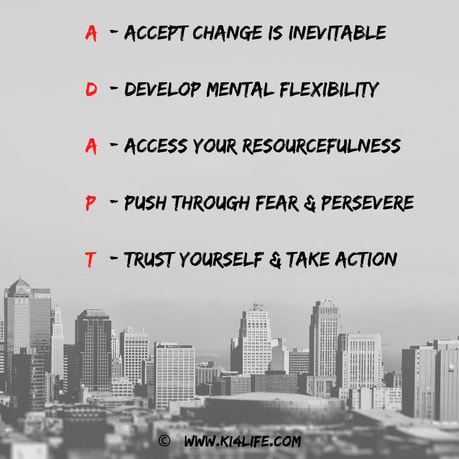
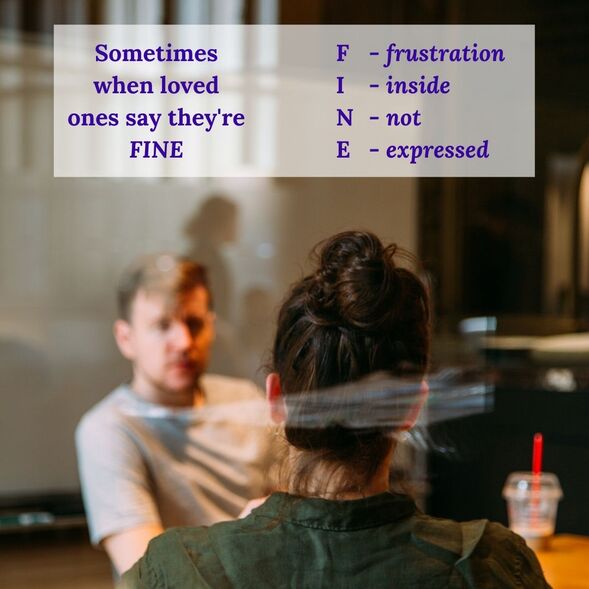
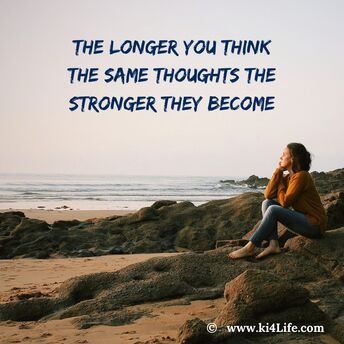
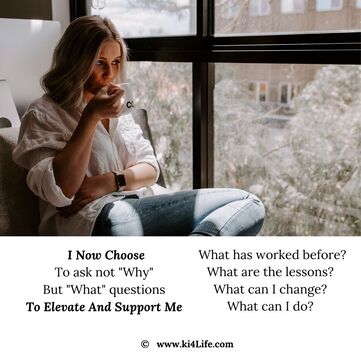



 RSS Feed
RSS Feed